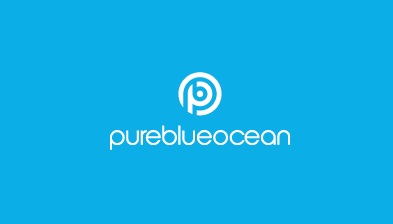
Description
Guest blog By Paul Townsend, Founding Director and Principal Consultant at Lucid
Assisted Delivery: an overlooked training method?
People need training. It’s obvious. It’s what helps us achieve our goals, secure much sought-after promotions, develop career paths and meet our targets. But before we sing its praises too heavily, let us also be brutally honest, good training can come at a high cost – both in terms of expense, as well as time spent by the trainer and trainee. So, what training formats are typically on offer? We’re all familiar with traditional Face-to-Face learning, it offers the chance for experienced trainers to impart their subject matter expertise to a room full of knowledge hungry trainees. In the last 20 years or so we’ve also seen a boom in E-learning, allowing knowledge to be shared with larger audiences at a fraction of the cost, independent of time or location constraints. More recently, there is Blended Learning, which merges traditional face-to-face classroom style teaching with E-learning packages, providing a highly effective and efficient means of sharing knowledge in different formats at the convenience of both trainer and trainee. However, one mechanism is often overlooked: Assisted Delivery. Assisted Delivery provides a course which ‘self-delivers’ in the same way as an E-learning course – with voice-over, graphics, video segments – but provides the opportunity for a facilitator to jump in and lead group interactions around particular video clips, diagrams, or case studies, etc. These ‘social learning interactions’ – group work and discussions – are highly effective training mechanisms. We used an Assisted Delivery course, alongside E-learning and Face-to-face training, to develop a comprehensive training programme for sales staff at a major food manufacturer. The programme provided a highly effective training intervention, addressing development needs at various stages: initial concepts, skills into practice, and achieving excellence. The Assisted Delivery package enabled the sales teams to receive high-quality, accurate training and engage in meaningful discussion and class work whilst remaining in-situ. The course was facilitated by local management who could bring their own expertise and local market knowledge to bear upon the subject. Assisted Delivery is not a universal panacea, but it is worth considering as a valuable part of your training portfolio. Our thanks go to Paul Townsend for writing this blog for Pure Blue Ocean. Paul is Founding Director and Principal Consultant at Lucid. He started the company because of his desire to breathe new life into commercial communications, using creative concepts, technical accuracy and engaging visuals: creative, technical and engaging. He has over 18 years’ experience of delivering operational, health and safety communications projects on subjects such as safety-critical communications; personal track safety; non-technical skills; lifestyle management; rail safety for schools; level crossing safety; field enablement; sales; and account management. Lucid is an eLearning consultancy focused on operational, health and safety issues. They combine sound technical understanding with flair and creativity to effectively engage an audience. For more information visit: lucidcommunications.co.ukInfo
-->





